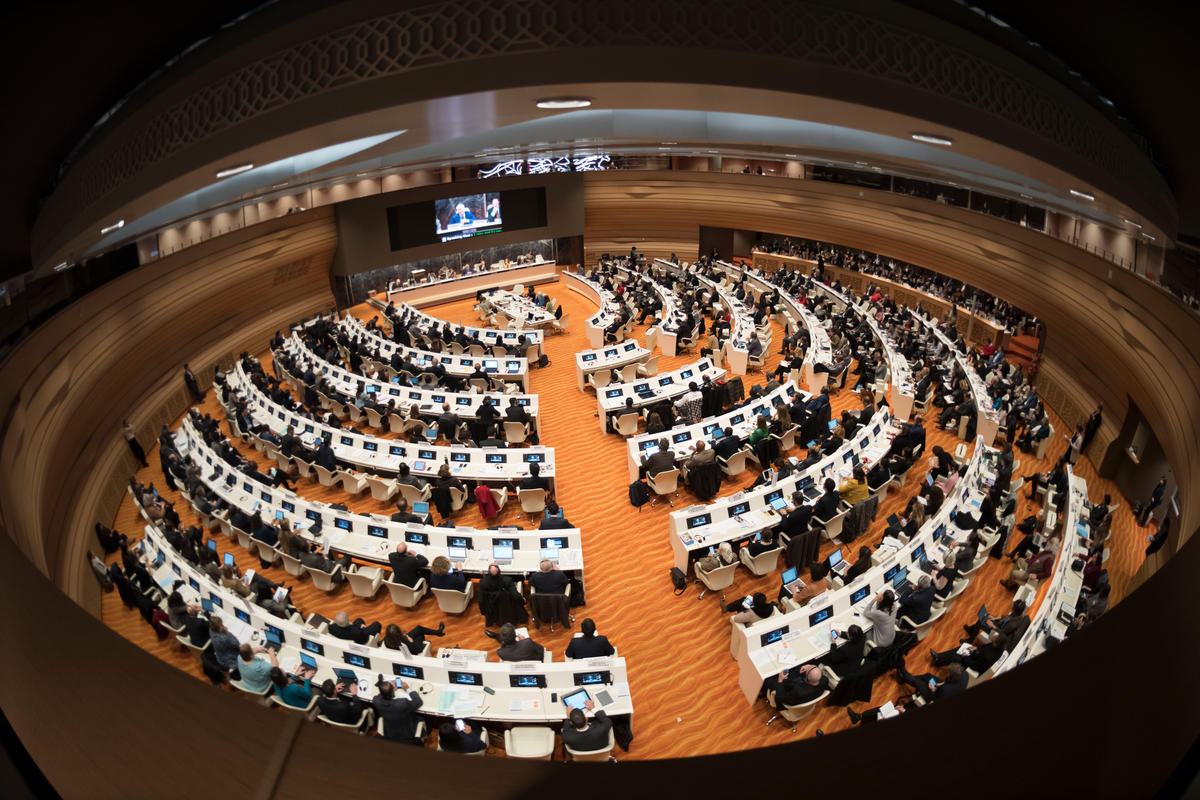Governance and Oversight
Governance and Oversight

UNHCR is governed by the UN General Assembly and the Economic and Social Council (ECOSOC).
The UNHCR Executive Committee approves the agency's biennial programmes and the corresponding budget. These are presented by the High Commissioner, who is appointed by the UN General Assembly.
Our mandate is defined by the 1950 UNHCR Statute. In 2003, the General Assembly extended the organization's mandate "until the refugee problem is solved." The High Commissioner reports annually to ECOSOC and the General Assembly on the work of UNHCR.
The High Commissioner is responsible for the direction and control of UNHCR. He or she directs our work with the assistance of a Deputy High Commissioner and Assistant High Commissioners for Protection and Operations.
The Inspector General’s Office (IGO) exists as the cornerstone of UNHCR’s system of independent oversight. In line with UNHCR’s Policy on Independent Oversight, this oversight system exists to ensure independent assurance to UNHCR’s executive management and governance bodies on compliance with policies and procedures; effectiveness and efficiency of operations; appropriate objectives, priorities and strategies in place; impact of UNHCR operations and interventions and lessons learned; and measures in places to prevent and detect fraud and other forms of misconduct.
We have 18,879 personnel working in 137 countries, with most operations based in the field. The worldwide operation has become highly complex, ranging from recruitment of new colleagues and ensuring their security in dangerous situations to the procurement of everything from medical supplies to aircraft charters. Specific departments, mostly based in the Geneva headquarters, oversee key areas, such as operations, protection, external relations, human resources and finances. A number of regional bureaux liaise between overseas offices and headquarters.

